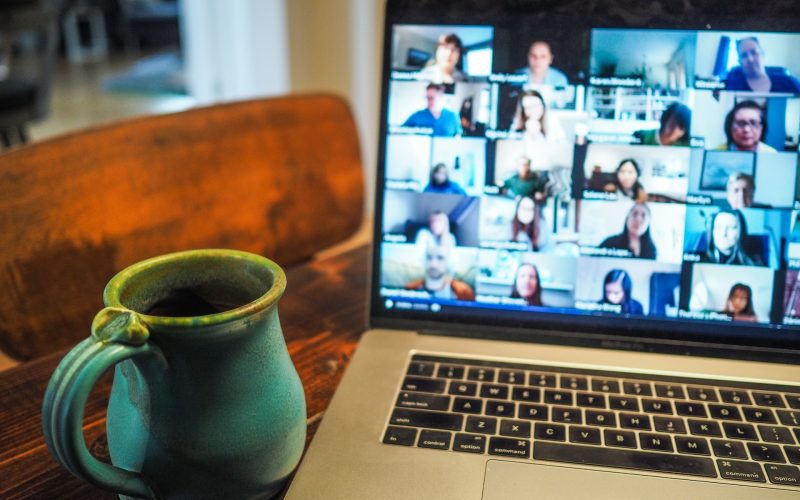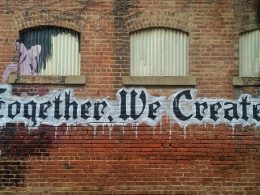As the world continues to grapple with the COVID-19 pandemic, online communities have emerged as a powerful tool for connecting people and providing support during difficult times. Social media platforms like Facebook, Twitter, Instagram, and LinkedIn have become the go-to source of information and communication for millions of people around the world. This article will explore the power of online communities, how they are changing the way we connect, and the challenges they face.
The Rise of Online Communities
The rise of online communities has been driven by several factors. The first is the proliferation of mobile devices, which has made it possible for people to stay connected on-the-go. With just a few clicks, we can send messages, share photos and videos, and join groups that match our interests. This has made it easier than ever to connect with people from all over the world.
The second factor is advances in technology, which have made it possible to create more immersive and engaging online communities. Platforms like Facebook and Twitter have evolved beyond simple messaging tools, and now offer features like live video streaming, virtual reality experiences, and online marketplaces.
Finally, the COVID-19 pandemic has accelerated the trend towards online communities. With lockdowns and social distancing measures in place, people have turned to online platforms to stay connected with their friends, family, and colleagues. Online communities have become a lifeline for many people who are struggling to cope with the isolation and uncertainty of the pandemic.
The Power of Online Communities
The power of online communities lies in their ability to bring people together, no matter where they are in the world. These communities offer a sense of belonging and can provide support during difficult times. They also offer opportunities for learning and growth, as people can connect with others who share their interests and passions.
For example, online communities for people living with chronic illnesses provide a space for people to connect with others who understand their experiences and offer support and advice. Online communities for writers offer a platform for aspiring writers to connect with each other, share their work, and receive feedback from others in the community.
Online communities have also played a critical role in social and political movements around the world. For example, the Black Lives Matter movement has used social media to amplify their message and organize protests and other events. The #MeToo movement used social media to bring attention to sexual harassment and assault and connect survivors with support networks.
Challenges and Ethical Considerations
However, online communities are not without their challenges. The anonymity of the internet can lead to the spread of misinformation and hate speech. It’s important for online platforms to have policies in place to prevent such behavior and ensure that their communities remain safe and welcoming for all.
In addition, the algorithms used by social media platforms to curate content can have unintended consequences. These algorithms can create echo chambers, where people only see content that reinforces their existing beliefs and opinions. This can lead to polarization and a lack of understanding between different groups.
Finally, there are ethical considerations around the use of personal data by online platforms. Many people are uncomfortable with the amount of personal information that social media platforms collect and use to target advertising. There are also concerns about the ways in which online platforms can be used to manipulate public opinion and interfere with democratic processes.
Conclusion
The power of online communities is undeniable. They have changed the way we connect with one another and offer new opportunities for learning, growth, and support. As technology continues to advance, it’s likely that online communities will become even more important in our lives. However, it’s important for us to be aware of the challenges and ethical considerations around the use of these platforms, and to work towards creating online communities that are safe, welcoming, and inclusive for all.











